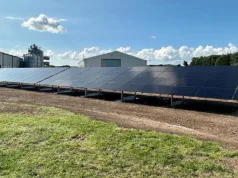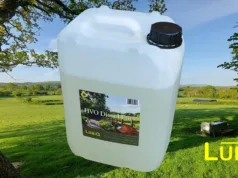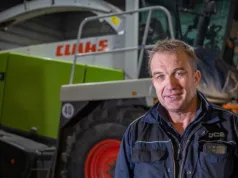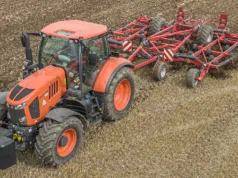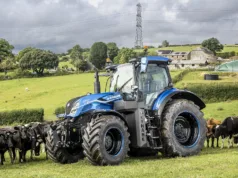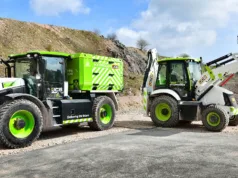Lincolnshire-based energy crop processor Terravesta is offering farmers £68/t for any dry miscanthus they have in storage.
“We have high demand for miscanthus pellets from power generators,” Terravesta chairman William Cracroft-Eley said, “and we’re keen to process as much cane as we can get. We know that some growers have found the crop difficult to sell in the past, so may have bales in store.
“This year, particularly with the formation of Terravesta, we have seen a sea-change in fortunes for miscanthus; and with sustained demand from power generators and other customers, the future looks very positive.”
Terravesta was started earlier this year by miscanthus grower William Cracroft-Eley, born out of his strong conviction that miscanthus cane has a positive role to play in meeting energy needs. Mr Cracroft-Eley has made it a personal mission to bring order and transparency to miscanthus supply, following many tough years for growers due to a lack of infrastructure and organisation in the industry. There are already several hundred miscanthus growers in the UK, but Terravesta is hoping to encourage many more.
As well as the current offer of £68/t delivered for miscanthus with a moisture content of 16 per cent or less, Terravesta is keen to encourage longer-term relationships with growers.
“We have 10-year, index-linked contracts that offer an attractive and predictable return,” Mr Cracroft-Eley added, “and with 50 per cent subsidies for planting [in England], this is a very good time for farmers to consider, or perhaps reconsider, the long-term miscanthus opportunity.”
Heralded by some observers as a wonder crop, miscanthus can be grown on poorer quality land while still delivering high annual yields for 20 or more years. With extremely low inputs, technical progress in planting leading to quicker and better establishment, and a dry harvest in a season that doesn’t conflict with other crops, miscanthus has a great deal to offer growers.
“There are great eco-benefits too,” Mr Cracroft-Eley said. “It provides a good habitat for wildlife with a harvest outside the breeding season, and its leaves fall to act as a natural soil improver.
“We have also received a number of enquiries from farmers that are considering the blackgrass control potential of planting miscanthus. A blackgrass problem makes miscanthus look especially attractive for a number of reasons. Spring planting of miscanthus offers the chance for seedbed weed control, with deep ploughing burying many of the seeds; and because miscanthus doesn’t need annual cultivation, further germination isn’t encouraged.”
Mr Cracroft-Eley added that the miscanthus cycle presented an annual opportunity to control any emerging blackgrass, but this soon ceased to be an issue as when the crop is established its leaf mulch completely suppresses weed growth.
“Add to this the established benefits that miscanthus growers can already expect,” he said. “There’s a reliable annual yield and income, very low inputs, power requirement and costs, and miscanthus as a blackgrass weapon can deliver a significant whole-farm improvement while turning the marginal land into profitable land.“
For more information visit: www.terravesta.com.


